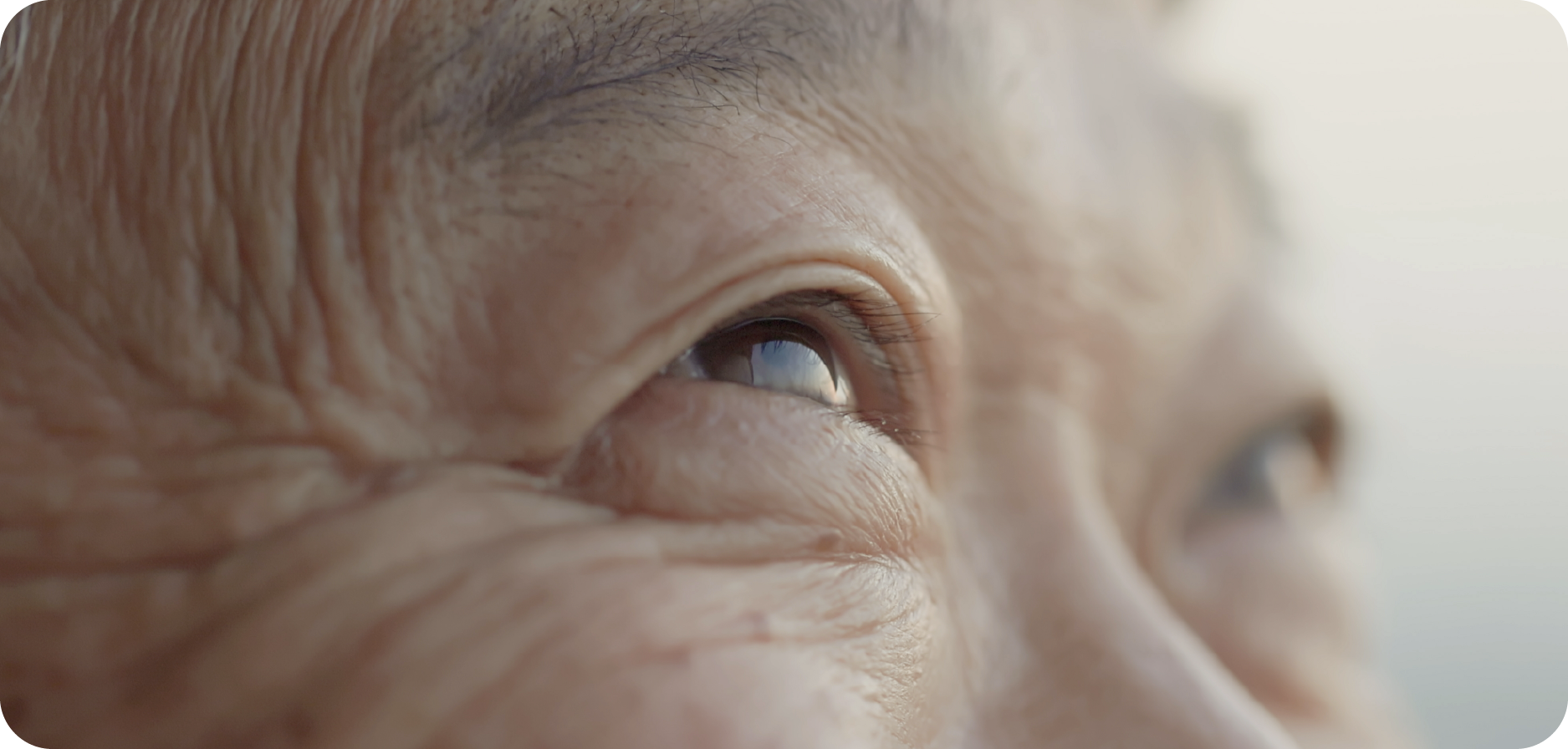
Cataract surgery improves the vision of 97% of patients who get it. However, getting such results is predicated on several things, including proper aftercare.
After-care for cataract surgery will generally be advised by your surgeon both before and after treatment. It may still be wise to get a sense of what to expect beforehand.
This guide will cover what you need to know about eye care after cataract surgery. It will also cover the potential (often temporary) side effects of the procedure.
Most patients experience a number of temporary symptoms after treatment. These are some of the most common side effects after cataract surgery, and often resolve within a few days:
Improvements to vision may be noticeable within a few days as well. However, full recovery may take as long as four to six weeks.
During this time, you may be required to take prescription eye drops to prevent infection and inflammation. These medicated eye drops will support your eye’s healing.
As noted earlier, your doctor will provide instructions for eye care after cataract surgery. Be sure to note and follow the specific ones provided for you.
The instructions are designed to support your eye’s healing and minimise the risk of complications. Below is a list of the most common ones provided by ophthalmologists following the procedure.

Dos:
Don’ts:

Your doctor will advise you to avoid strenuous activity for the first week after surgery. This includes heavy lifting, vigorous exercise, or water sports like swimming, because such activities can hinder healing or increase the risk of infection.
This is based on your individual healing progress, but most patients can return to their regular routines within two weeks. The ramp-up to the resumption of these activities should be evaluated and approved by your doctor.
As for light activities, they can often be performed within a day following the surgery. For example, reading or watching television is often possible within 24 hours of the procedure.
Activities that have a relatively high risk, such as driving, should be approved by your doctor.
Complications are relatively uncommon in cataract surgery, but they can still happen. Patients have to pay attention to unusual symptoms following the procedure.
The general advice is to seek immediate medical aid if you see these:

Most cataract surgery patients return to their usual daily activities within one to two weeks after the treatment.
However, this is not the same as full recovery. Your vision may take as long as six weeks to fully stabilise.
Take note that if you use prescription glasses, you may find it necessary to get a new prescription following the surgery. This depends on your treatment outcomes and on which artificial lens you select for your procedure.
The artificial lens or intraocular lens (IOL) is inserted to replace your natural lens removed during cataract surgery. There are several options for this lens.
If you had opted for a monofocal IOL, it will still be necessary to get reading glasses for near vision after cataract surgery.
Your eye doctor should discuss all of this with you in the pre-surgery consultation.

Your cataract surgery can restore clear vision to you, but you still need to maintain healthy habits to preserve this vision.
Here are some measures you can take to support your long-term eye health:
Cataract surgery can be an effective treatment for restoring vision to those affected by cloudy lenses. The best results are typically obtained by those who follow their doctor’s guidelines for aftercare and recovery.
The notes provided in this article should help you heal after your own treatment. Book a consultation with our specialists if you have questions on the topic.